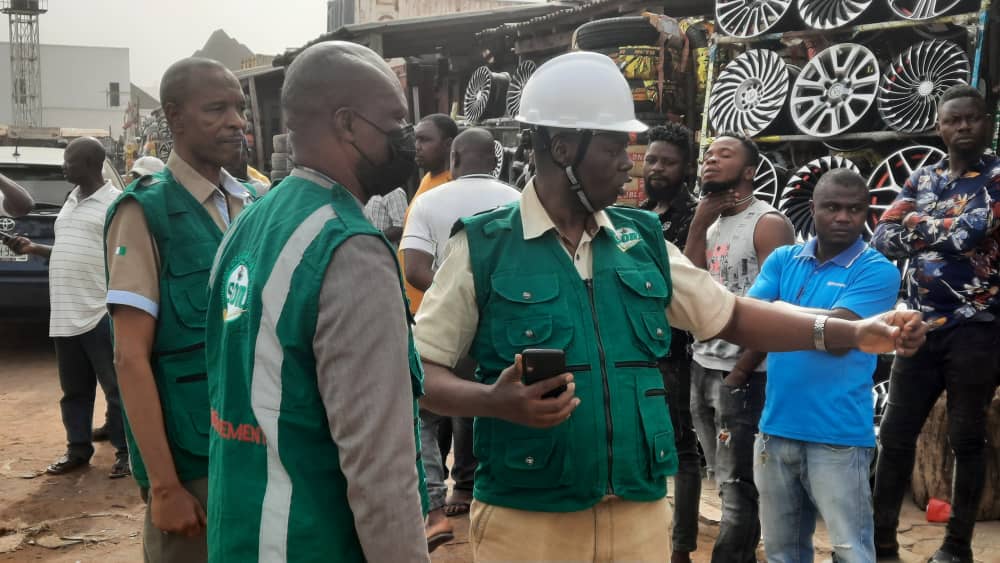A Nigerian Industrial Standard is document established by consensus and approved by the Standards Council of SON, that provides, for common and repeated use, rules, guidelines or characteristics for products and services and related processes or production methods, aimed at the achievement of the optimum degree of order in a given context. It may also include or deal exclusively with terminology, symbols, packaging, marking or labeling requirements as they apply to a product, process or production method. Standards, therefore, help to make sure that products and services are fit for their purpose and are comparable and compatible.
The standardization activities are managed by the Director of Standards with the support from the Groups Heads who coordinate the activities of these Technical Groups:
- Electrical/Electronic Group: This group is responsible for the development of standards on electro-technology, information technology, renewable energy, telecommunication, etc.
- Food/Codex Group: is responsible for the development of standards covering food technologies, food safety, agricultural produce, livestock and livestock products, poultry and poultry product and Codex matters.
- Chemical Technology Group: This group is responsible for the development of standards covering soaps, detergents, paints, pesticides, pulp/paper and all products based on chemical formulations.
- Civil/Building Group: This group develops standards covering civil engineering, building construction, wood technology, etc.
- Service Standards Group: This group is charged with the development of standards in the service sector such as Health and hospitality, Financial and insurance, Technical and scientific, Sales and merchandising, Professional and educational, Utilities and communications, Administrative and governmental etc.
- Mechanical/Metrology Group: This group develops standards on mechanical engineering, metrology, pressure vessels, motor vehicle parts, pipes, etc.The director manages the activities of the directorate with support of Seven Group Heads who coordinates the activities of the seven technical departments in the Organization.
- Textile & Leather Group: This group develops standards covering clothing, textiles, leather and footwears, etc.
- International Standards group: This group handles international matters on standards e.g. standards harmonization, collaboration issues, International Organization for Standardization (ISO),International Electro-chemical Commission (IEC), Codex Alimentraius Commission, Africa Organization for Standardization (ARSO), World Trade Organization (WTO) and Economic Community of West African States (ECOWAS).
- Technical Library : This section is responsible for the maintenance and availability of standards information, documentation, editing and publishing center and sales of standards, etc.



